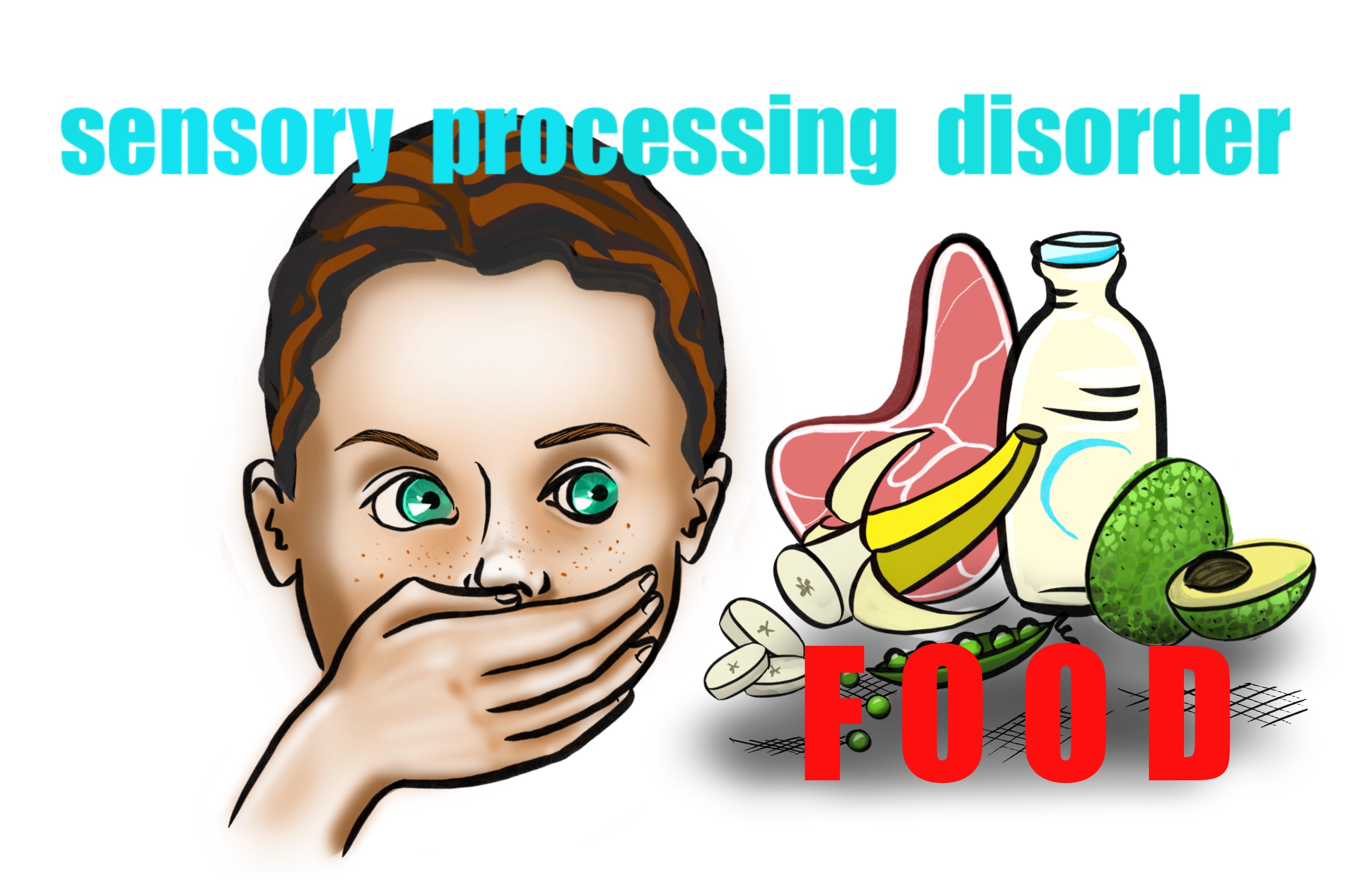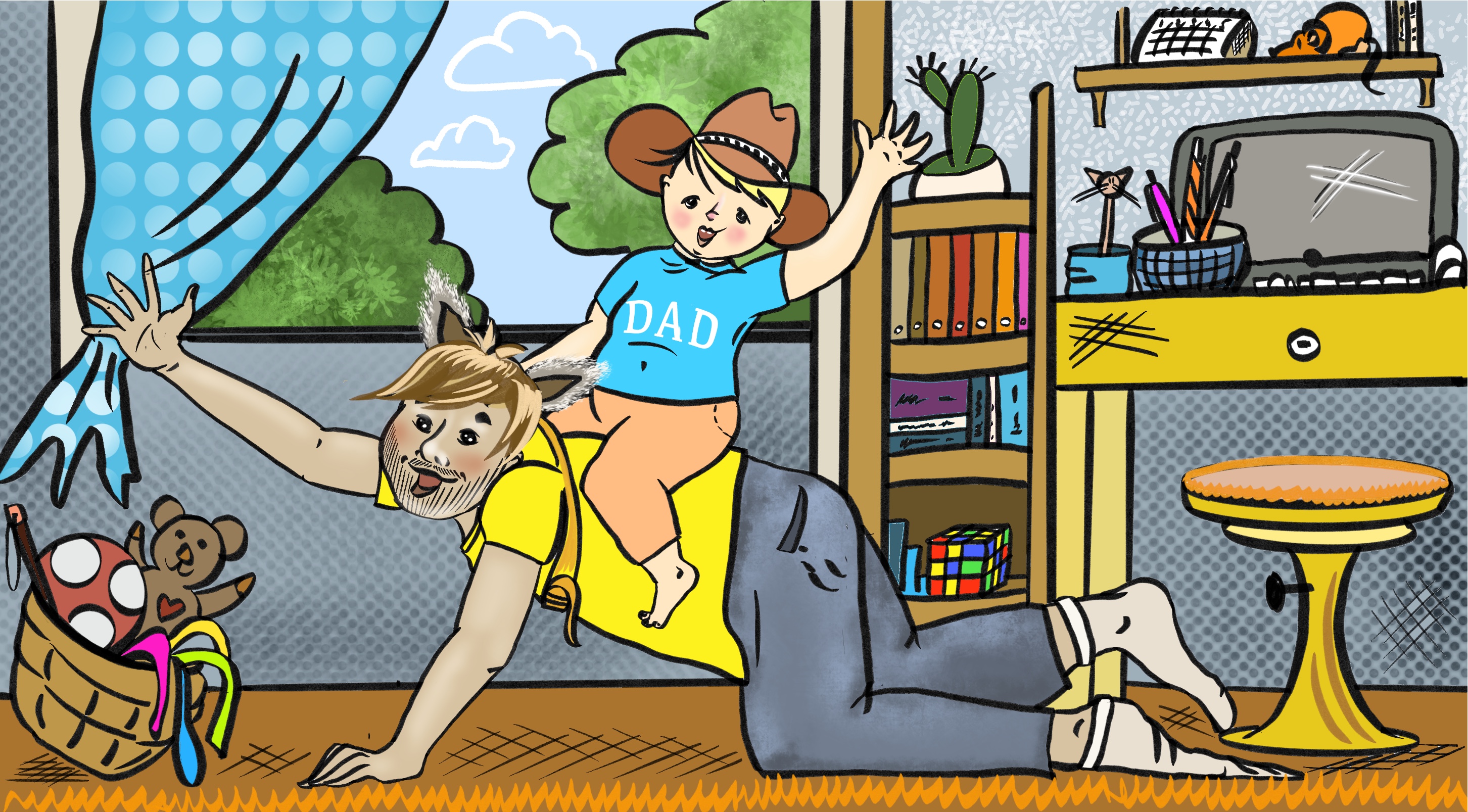Reflecting on Dr. Henry Cloud’s “Boundaries with Kids”
Recently, I came across Dr. Henry Cloud’s book, Boundaries with Kids, and it gave me pause to reflect on the unique challenges we face as special needs parents when it comes to setting boundaries. Parenting is already an emotionally charged journey, but for those of us raising children with special needs, the stakes feel even higher. Our lives are a complex web of intertwined interests, issues, and emotions—fear, guilt, anxiety, and even confusion. These challenges can distort our perspective on discipline and boundaries in ways we may not fully recognize until the consequences become painfully clear.
Why Setting Boundaries Feels So Hard
For many of us, the thought of imposing strict rules or heavy consequences on our special needs child feels unbearable. After all, our children are already carrying a heavy burden, navigating a world that isn’t built for them. The idea of adding to their struggles can feel cruel and heartless. Compounding this is the ever-present guilt we feel as parents—guilt for their condition, guilt for their challenges, and guilt for the moments we fall short.
But as Dr. Cloud emphasizes, children need boundaries. Even when it feels counterintuitive, especially when it feels unbearable, boundaries provide the structure, guidance, and security that all children crave—special needs or not. Without them, our children risk becoming lost, cognitively and emotionally.
The Consequences of No Boundaries
When we avoid setting boundaries, we inadvertently set our children up for greater struggles. Special needs children, in particular, may find it even harder to navigate life without clear limits and expectations. They may become overwhelmed, frustrated, or emotionally unmoored, lacking the tools they need to self-regulate and engage with the world.
For siblings of special needs children, the absence of boundaries can create its own set of issues. Out of guilt, we may become overly permissive, believing that their lives are already hard enough. But this permissiveness doesn’t protect them—it leaves them feeling adrift, without the structure and discipline they need to thrive. Siblings in special needs families also miss out on the natural “peer education” that often occurs in typical sibling dynamics. They need clear parental guidance more than ever to help them grow into resilient, balanced individuals.
The Fear Is in Our Heads
Dr. Cloud’s insights remind us that much of the fear we feel about enforcing boundaries is in our own heads. We worry we’re being too harsh or making life more difficult for our children, but the truth is, boundaries are an act of love. They teach our children accountability, help them develop resilience, and give them a sense of safety in a world that often feels unpredictable.
The Benefits of Healthy Boundaries
Healthy boundaries are life-changing—not just for the children but for the entire family. For the child with special needs, boundaries provide structure and clarity, helping them understand their environment and expectations. For siblings, boundaries ensure fairness and equal attention, preventing resentment or feelings of neglect. And for us as parents, boundaries are essential for maintaining our own well-being.
As special needs parents, we carry an immense load. Without time to rest, recharge, and care for ourselves, we risk burnout. Clear boundaries create space for us to breathe, ensuring we can show up as the best version of ourselves for our children.
Moving Forward
Reflecting on your parenting approach is hard, especially when it’s tied to the deep emotions and unique circumstances of raising special needs children. But it’s a task we cannot avoid. The stakes are simply too high. As Dr. Cloud reminds us, boundaries are not about control—they are about teaching, guiding, and nurturing. They help us build stronger, healthier relationships with our children while preparing them for the challenges they will face in life.
So, let’s commit to setting boundaries—not out of guilt or fear, but out of love and a desire to see our children and families thrive. It’s a difficult path, but it’s also one of the most important steps we can take as special needs parents.
Call to Action: If this resonates with you, take some time to reflect on your own family dynamics. Where are boundaries missing, and how could they benefit your children and yourself? Sometimes the hardest decisions are the most loving ones.







